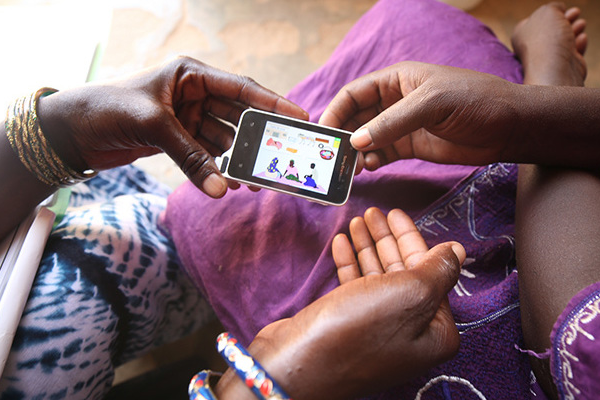 How can ICT4D improve healthcare in developing countries?
How can ICT4D improve healthcare in developing countries?
There are many ways in which ICT4D (Information and Communication Technologies for Development) can improve healthcare in developing countries. Some examples include:
- Telemedicine: ICTs can be used to connect healthcare providers in remote or underserved areas with specialists in urban centers, allowing for the delivery of high-quality medical care to people who might otherwise not have access to it.
- Health information systems: ICTs can be used to create and maintain electronic health records, which can improve the accuracy and efficiency of healthcare delivery and reduce the risk of medical errors.
- Disease surveillance and outbreak response: ICTs can be used to track and monitor the spread of diseases, allowing for more effective and timely responses to outbreaks.
- Public health campaigns: ICTs can be used to deliver health education and information to large populations through social media, mobile apps, and other digital platforms, helping to raise awareness about health issues and promote healthy behaviors.
- Supply chain management: ICTs can be used to improve the management of medical supplies, ensuring that they are delivered to the right place at the right time, and helping to prevent shortages and wastage.
Overall, the use of ICTs in healthcare can help to improve access to care, quality of care, and the efficiency of healthcare delivery in developing countries, ultimately leading to better health outcomes for the populations served.
Read More About ICT4D in Healthcare Below
Three Early Digital Health COVID-19 Response Success Stories
Coronavirus infection rates are climbing exponentially around the world with over 440,000 confirmed cases and 20,000 deaths so far. Governments, donors, and health...
Please Give Your Feedback: USAID Digital Health Vision for Action
Digital health technology is the application of information and communications technologies, and the data they generate, to support informed decision-making and...
Africans Are Very Concerned About COVID-19 and Their Health System’s Readiness
Novel coronavirus is now a global pandemic with over 220,000 confirmed COVID-19 infections and 9,000 deaths worldwide. African country governments are taking this...
Five COVID Response Insights for Digital Development Practitioners
The COVID Digital Response Workshop yesterday brought together 300 digital development practitioners from governments, donors, and health systems in low- and middle-income...
Join Us Now: Global Coronavirus Response Online Workshop
WHO just announced that COVID-19 is a global pandemic. Novel coronavirus infections reached epidemic levels multiple regions of the world, including 120,000 confirmed...
10 Digital Health Technology Solutions for Global COVID-19 Response
Global coronavirus infections now exceed 120,000 confirmed cases in 119 countries, with over 4.300 deaths from COVID-19. There are also more than 66,500 people...
Please RSVP Now: How You Can Support Global Coronavirus Response
The USA government has passed coronavirus legislation directing $8.3 Billion in new funding for COVID response in the USA and around the world through CDC and USAID....
10 Global Digital Health Solutions for International Coronavirus Response
Global coronavirus infections now exceed 100,000 confirmed cases in 97 countries, with over 3,400 deaths from COVID-19, leading to international travel bans and...
How Artificial Intelligence Applications Can Contain Coronavirus COVID-19
As I write this, there are over 92,000 confirmed cases of coronavirus in 76 countries and over 3000 deaths globally. COVID-19 is spreading across continents, infecting...
Can We Use IVR to Improve Care of People Living with HIV and AIDS?
The last decade has seen a rise in the use of mobile phones in developing countries. In the paper, Supporting Treatment of People Living with HIV / AIDS in Resource...










